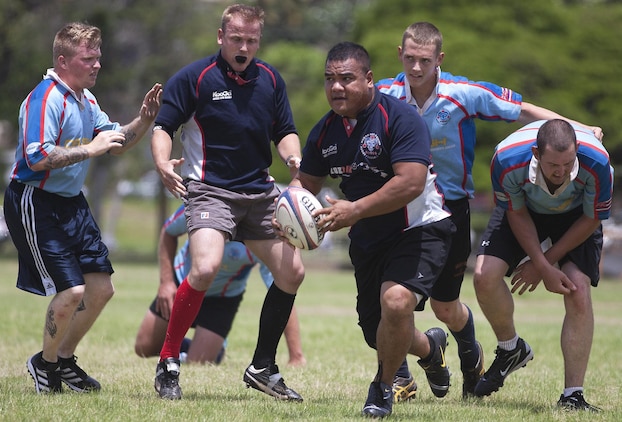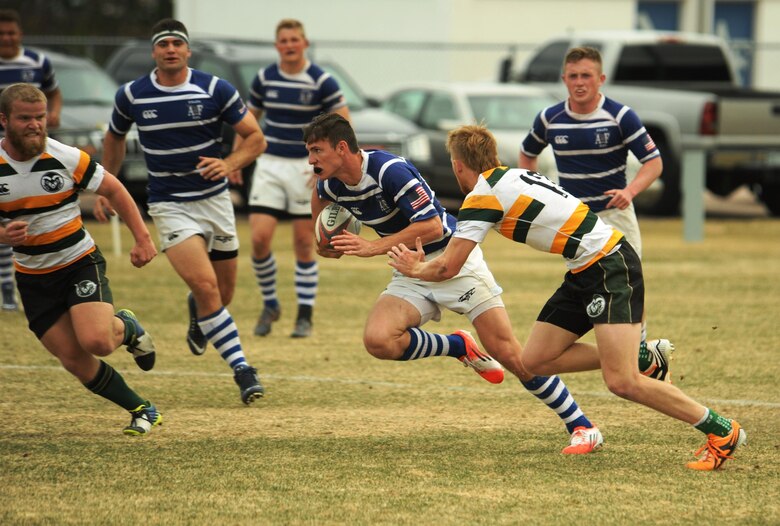Rugby is a mentally and physically challenging sport, with speed and endurance, power, stamina, ball skills, agility and intelligence all important aspects of the game.

Image Credit
Players need to be physically fit and strong to scrum, maul, tackle, ruck and sprint. To be successful in these areas on the pitch, great rugby players must work on building their strength. This not only leads to a more successful game but also assists in avoiding injury.
Improving and developing overall strength brings great benefits to the sport and is a huge factor in a player’s success.
ESPN offers a full and informative glossary of the rugby terms mentioned above, alongside other helpful rugby definitions.
Rugby training drills offer a host of strength-building exercises. Although the first thought when it comes to strength is overall body mass, strength is important in other areas of the body:
Arm strength
Building your arm strength is important to improve contact skills and minimise injury. Taking knocks whilst scrummaging and mauling puts a lot of strain on the arms, so be sure to train both arms equally to maximise strength and success.

Image
Credit
Wrist strength
Wrists and hands are used constantly whilst playing rugby, which can have a
negative impact on joints. Resources such as Sportplan have hundreds
of rugby training drills, with several exercises specific to strengthening your
wrists and hands. This is an area that is often overlooked in sport.
Core strength
Core strength is beneficial to any rugby player, as it helps to maintain
stability and control. Try sit-ups to assist in strengthening your core, abs
and back. These convenient and popular exercises can be done anywhere.
Leg strength
Squats are a simple exercise that helps to strengthen all your leg muscles,
such as your calves, hamstrings and quads, and your knees, ankles, hips, abs
and core. Squats also help to improve flexibility and balance, which is ideal
for when you are out on the field.
Upper body strength
Upper body strength is important. If you want to be a great player, you must be
able to take heavy hits without these resulting in injury. Choose exercises and
drills that help to build strength throughout the chest, shoulders and triceps,
which will help with hard tackles during the game.